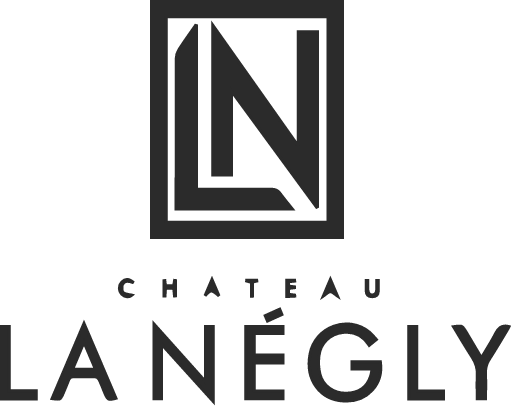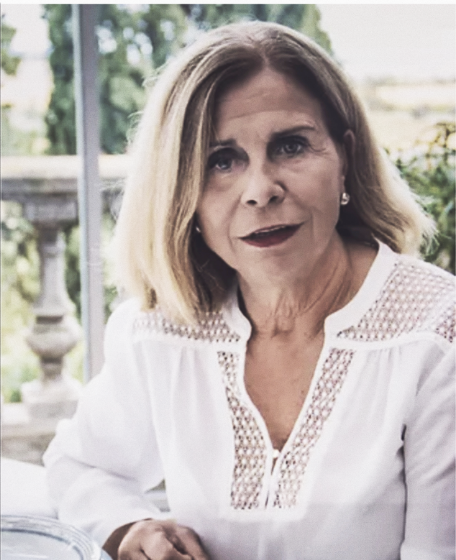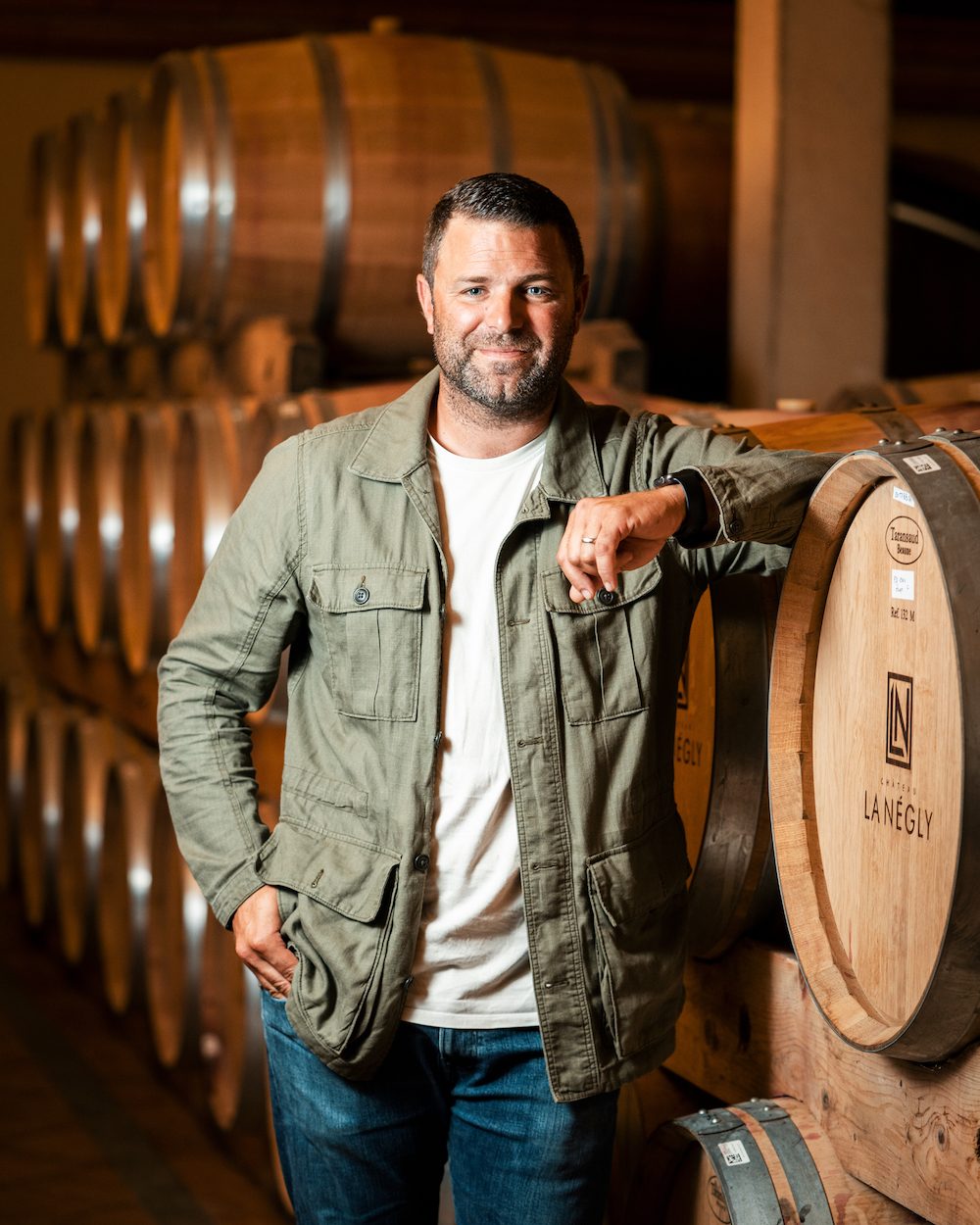DISCOVER
DISCOVER
OUR HISTORY
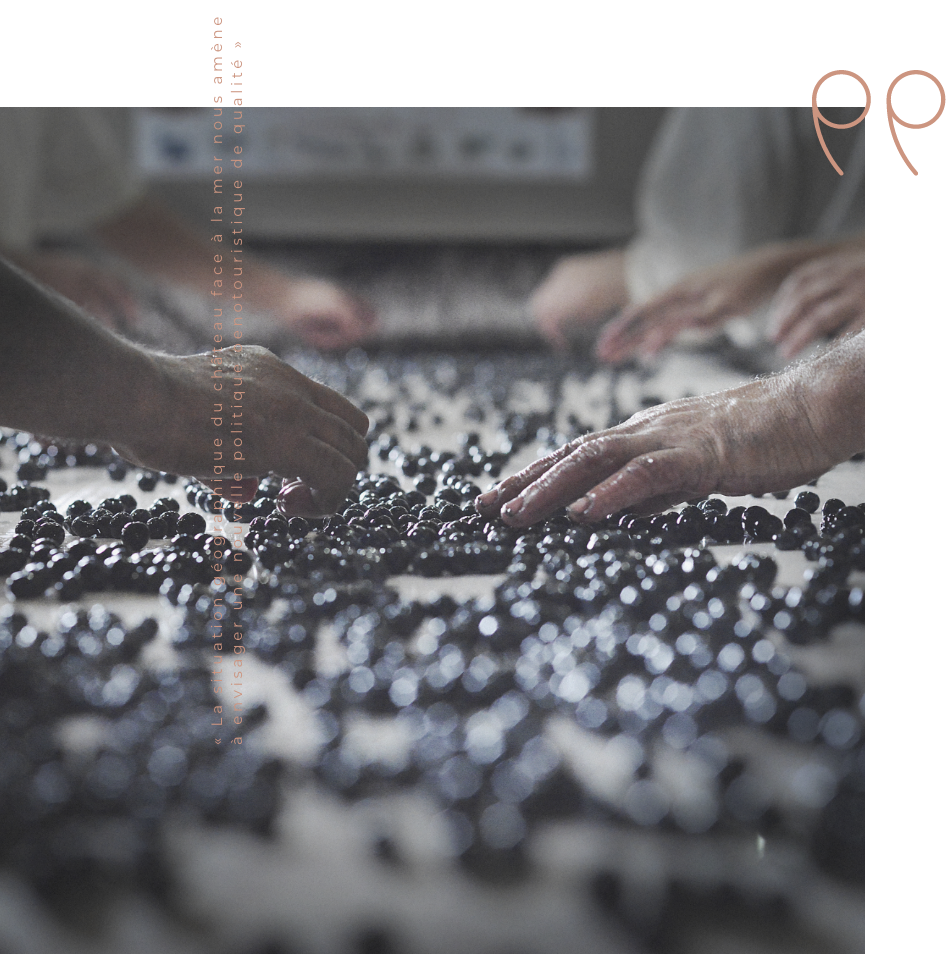
Our philosophy
The Paux-Rosset family definitively steers the estate in a very qualitative strategy and aspires to make wines from the castle references of the Languedoc. The cultivation method is modified preserving the environment and the vines are again cultivated for the most part.
The geographical situation of the castle facing the sea leads us to consider a new quality of the oenotouristic policy, namely the construction of a new tasting cellar allowing a better professional and friendly welcome. Visits to cellars as well as vineyard walks (in season), will allow you to soak up our universe.
Our passion has led us to develop a high-end service with the creation of a charming house on the hillside, Coste Care, which will allow a privileged stopover in the heart of the domain for clients who wish to be totally immersed.
The couple’s children, Bastien and Marion, bring their dynamism and prepare with enthusiasm the future that is coming.
THE FAMILY
Paux-Rosset
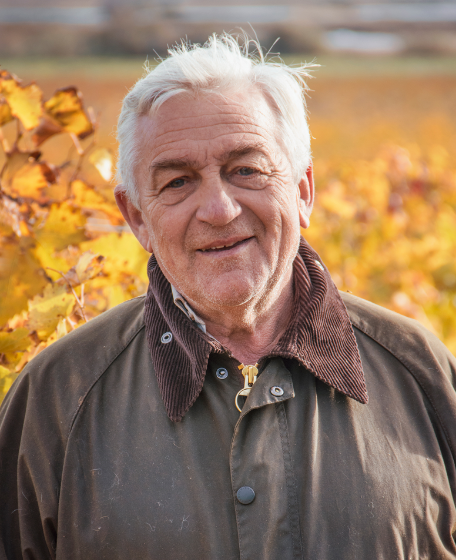
Jean Paux-Rosset
Coming from a vineyard family, Jean was destined for a high-level equestrian career.
The circumstances of life forced him to resume the field in great difficulty from 1992.
A charismatic man, he is one of the precursors to be aware of the terroir at his disposal. Passionate, he will rethink the way to lead the vine by pruning and controlling yields.
Under his impetus and his pugnacity, Jean raised La Négly to international renown.
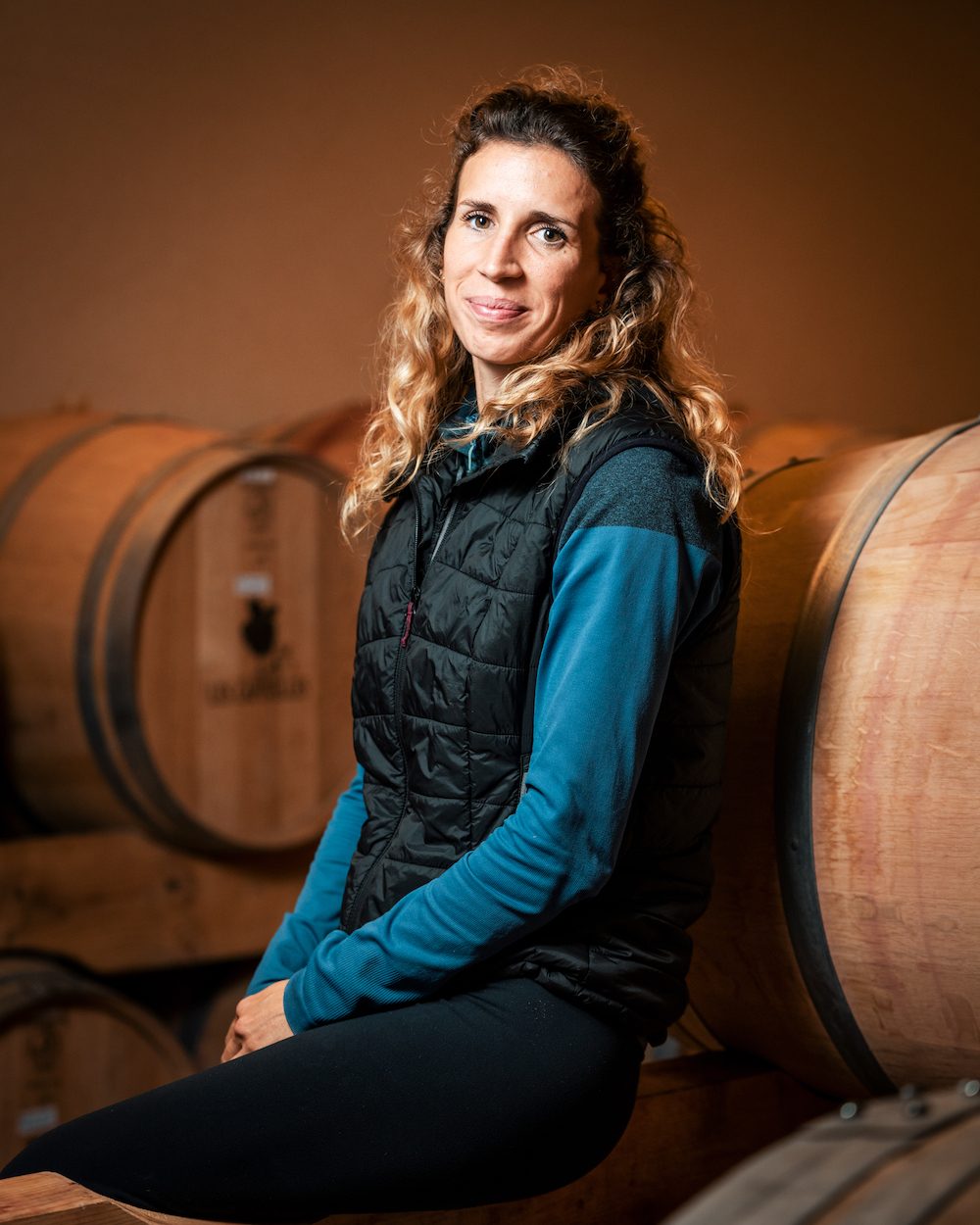
Marion Paux-Rosset
After a professional experience in the United States, Marion will take an interest in the export market and develop it successfully marketing La Négly wines worldwide.
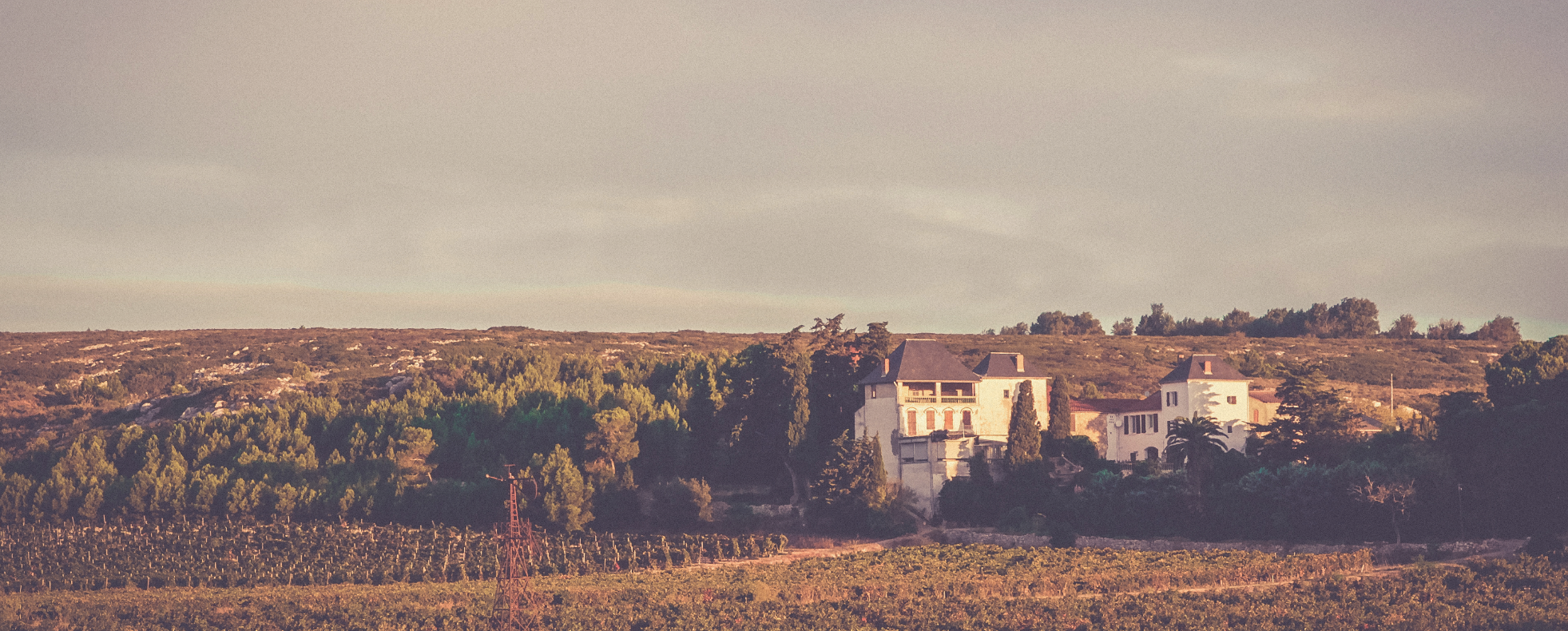
THE
Le
CASTLE
According to the topography of the Aude, we find the shape of Lancely in 1973, La Nerly in 1781 and finally La Négly in 1807, which testifies to the golden age of the castle.
It is also about Saint-Laurent de La Mer in 1484 and the Chapelle Saint-Laurent in 1781, all this on the lands of the Château. This house belonged to the Count of Rosset, who made it his summer residence.
The flocks of sheep went to the salt flats of the Chapelle Saint-Laurent, stationed at Château La Négly, before reaching Pérignan, now called Fleury d’Aude.
